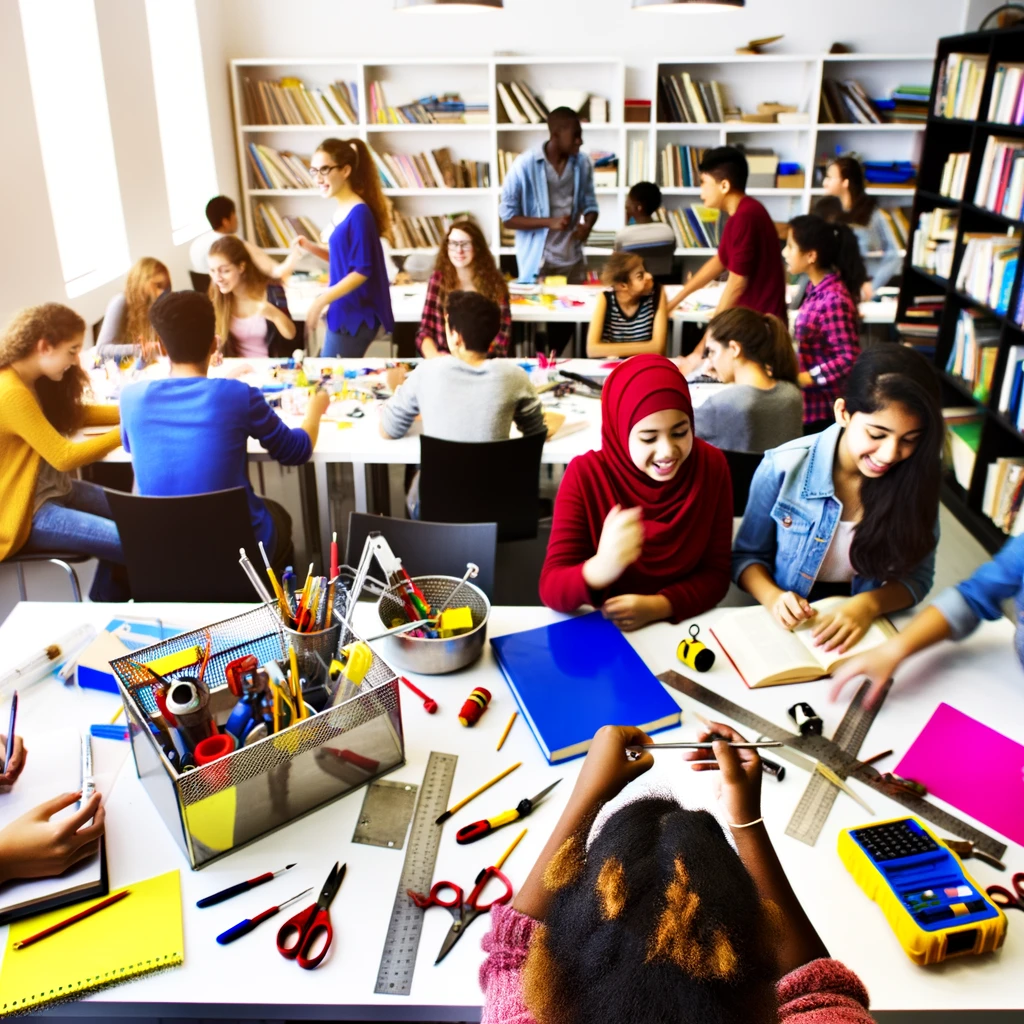Related Articles











The educational journey often presents a dichotomy between theoretical knowledge and its practical applications. Students frequently question the relevance of their studies, wondering how they apply to real life. Bridging this gap is essential for fostering a deeper understanding and appreciation of the subject matter. This article explores various ways in which real-world applications can transform traditional study topics into compelling, life-relevant lessons.
Integrating real-world applications into the curriculum is not just an educational trend but a necessity for contemporary education. It helps students make connections between what they learn in the classroom and the external world, enhancing retention and engagement. By relating study topics to life, educators can ignite students’ curiosity and enable them to see the value in their learning.
One of the primary benefits of connecting study topics to real-world situations is increased student engagement. When students see the practical implications of their studies, they are more likely to be motivated and invested in the learning process. This approach not only makes lessons more interesting but also encourages active participation.
Real-world applications encourage students to think critically and solve problems. When presented with real-life scenarios, students must apply their theoretical knowledge to develop solutions, thereby enhancing their analytical skills. This process prepares them for future challenges in both their professional and personal lives.
Mathematics often appears abstract to students, but its applications are ubiquitous. Teachers can demonstrate the use of mathematics in everyday life, such as budgeting, cooking, or even in sports statistics. By using data analysis projects or financial literacy exercises, educators can show how mathematical concepts are used to solve real problems.
Science is inherently connected to the real world, and practical applications abound. For instance, understanding biology through the study of ecosystems can be enhanced by field trips or projects on local environmental issues. Chemistry lessons can include experiments that demonstrate chemical reactions in everyday products.
History education benefits significantly from real-world applications through the examination of historical events' impacts on contemporary society. Projects that involve interviewing veterans or analyzing current events through historical contexts can make history lessons more relatable and impactful.
Project-based learning (PBL) is an excellent strategy for incorporating real-world applications into education. PBL involves students in projects that require critical thinking, collaboration, and practical application of their knowledge. These projects often mirror real-world challenges and encourage students to explore subjects more deeply.
Inviting industry experts to speak with students or collaborate on projects can provide valuable insights into how academic concepts are applied in professional settings. This exposure can inspire students and provide them with a clearer understanding of potential career paths.
Connecting study topics to real-world applications is not only beneficial for enhancing educational experiences but also essential for preparing students for real-life challenges. By emphasizing the practical relevance of academic subjects, educators can cultivate a more engaging and effective learning environment. As students recognize the value of their studies in everyday life, they become more motivated, skilled, and ready to contribute meaningfully to society.